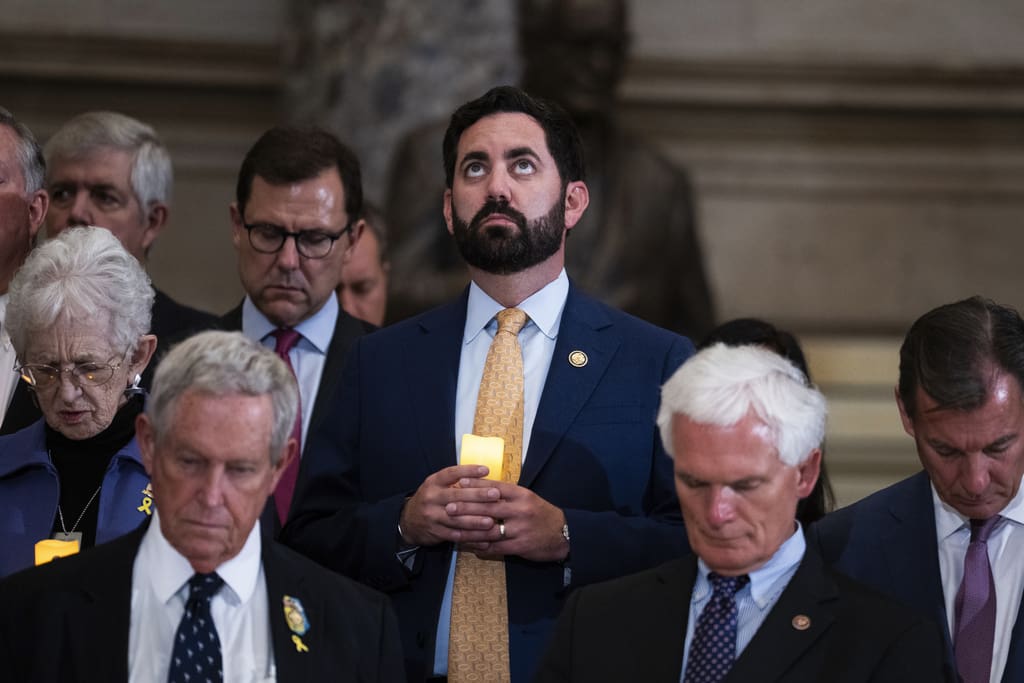In January 2022, Air Force Capt. Monte Watts attended a memorial service and learned of a former Minuteman III missile operator with non-Hodgkin lymphoma. That same day, Watts discovered he had chronic lymphocytic leukemia, a non-Hodgkin lymphoma type. This alarming coincidence highlighted concerns about safety in nuclear missile silos within the U.S. military. Lt. Col. Danny Sebeck, also a former missileer, soon revealed a potential cancer cluster among Minuteman III personnel at Malmstrom Air Force Base in Montana.
Sebeck identified 36 former workers diagnosed with cancer, 11 of whom had non-Hodgkin lymphoma, prompting the Air Force to launch a comprehensive investigation into cancer cases across several missile bases. This research, expected by 2025, aims to determine links between these illnesses and work environments. Though the investigation’s swiftness reassures some, others worry its scope may dilute connections crucial for Department of Veterans Affairs benefits.
Historically, the Department of Defense has been slow to connect military service to environmental disease risks. Previous studies in 2001 and 2005 concluded silos were safe, yet recent findings challenge this. Sebeck claims tracking of environmental exposures was inadequate, complicating veterans’ access to healthcare. Polychlorinated biphenyls (PCBs), once used in missile systems, are now banned due to carcinogenic properties recognized by the Environmental Protection Agency.
The Missile Community Cancer Study compares cancer rates in the missile community to the general population, examining bases like Malmstrom, F.E. Warren, Minot, and Vandenberg. Initial results show no significant increase in cancer deaths, with some common cancers even lower among missileers. However, studies noted higher rates of breast and prostate cancers that were later unsupported when more data was included. Ongoing assessments involve state and federal cancer registry data for comprehensive insights.
Concerns led Rep. Don Bacon (R-Neb.) to propose an amendment seeking expert reviews of health conditions at these facilities. Sebeck and others advocate for congressional action, highlighting cases where missileers face cancer risks potentially linked to base environments. They call for inclusion in the PACT Act to assist veterans facing similar challenges from exposure. The Air Force Global Strike Command remains committed to understanding and mitigating health risks, prioritizing personnel safety through rigorous research and policy proposals.
—
Read More Montana News









